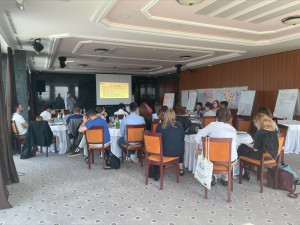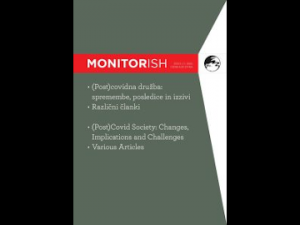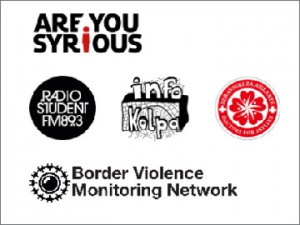Autonomy of Migration and the Governmentality of Plastic Borders
11. 2. 2019 | Human Rights and Minorities
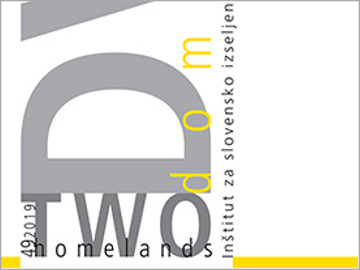
A new thematic issue of Two Homelands Journal was released discussing criminalization of migration, with scientific paper written by all nine members of the research team of the project “Crimmigration between Human Rights and Surveillance” (Slovenian Research Agency, 2016-2018). In the papers the authors present their research work which focuses on a number of geographies and types of migrant criminalization.
Summary
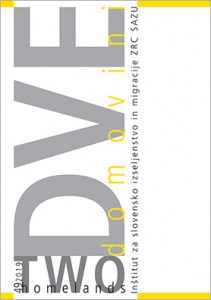 Inspired by the autonomy of migration approach, we analyse borders as sites of control and violence but also as migrant praxis, as strategies of escape and rupture. We explore the idea of “bodily borders”, emphasizing that borders shape subjects on the move and are themselves shaped by the embodied experiences of border-crossers. Drawing on Foucault’s concept of governmentality and Malabou’s analysis of the concept of plasticity, we argue that migrations are governed through “plastic borders” that are formed as direct responses to migrant mobilities, using the empirical example of the externalization of borders as an EU policy of migration management.
Inspired by the autonomy of migration approach, we analyse borders as sites of control and violence but also as migrant praxis, as strategies of escape and rupture. We explore the idea of “bodily borders”, emphasizing that borders shape subjects on the move and are themselves shaped by the embodied experiences of border-crossers. Drawing on Foucault’s concept of governmentality and Malabou’s analysis of the concept of plasticity, we argue that migrations are governed through “plastic borders” that are formed as direct responses to migrant mobilities, using the empirical example of the externalization of borders as an EU policy of migration management.
Mojca Pajnik, inspired by the autonomy of migration approach, analyzes borders as sites of control and violence but also as migrant praxis, as strategies of escape and rupture.


